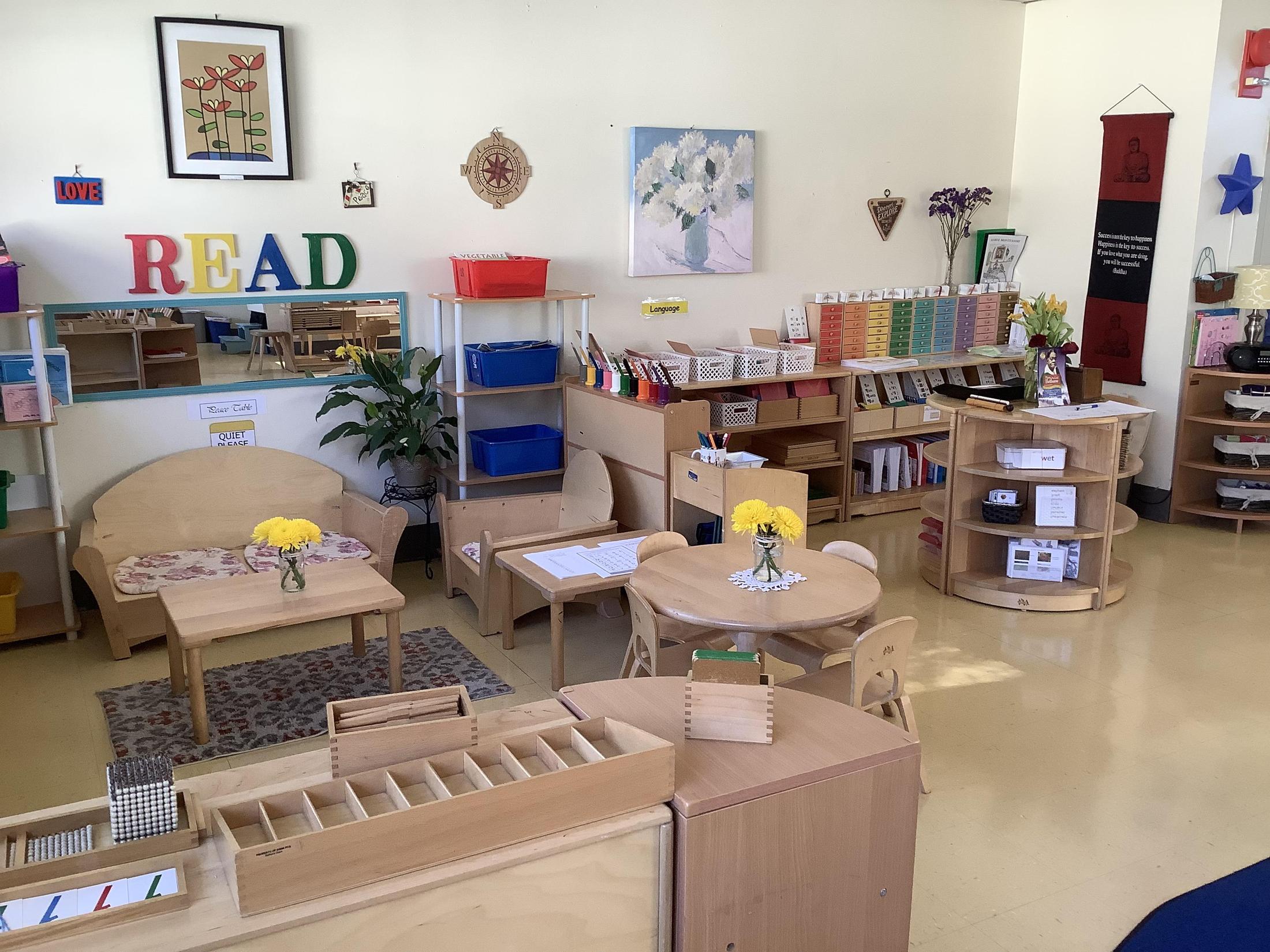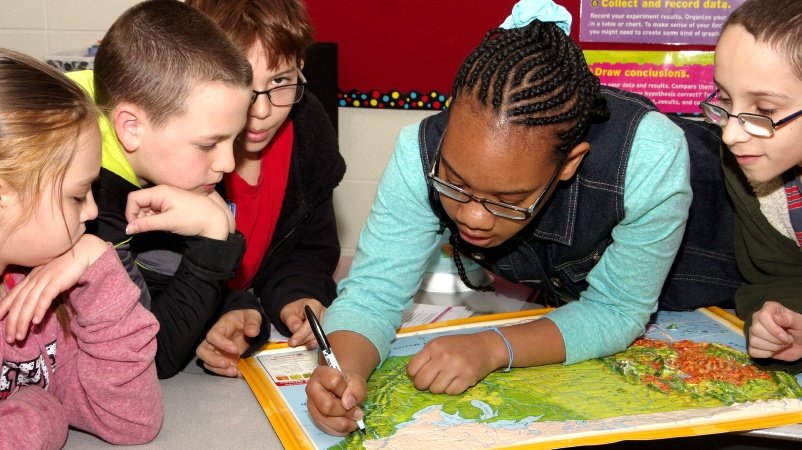Nurturing Young Minds for Lifelong Learning with Montessori Preschool Curriculum
Montessori preschools have gained widespread acclaim for their unique approach to early childhood education. The Montessori Preschool Curriculum, designed by Maria Montessori, focuses on fostering independence, curiosity, and a love for learning in young minds.
The Foundation of Montessori Education
At the heart of the Montessori Preschool Curriculum is the philosophy that children learn best when they are actively engaged and interested in their activities. This approach provides a solid foundation for academic, social, and emotional development during the crucial early years.
Hands-On Learning Experiences
Montessori preschools prioritize hands-on learning experiences as a cornerstone of their curriculum. Through carefully designed materials and activities, children engage in sensorial exploration, practical life skills, and early math and language concepts. These hands-on experiences lay the groundwork for a deep understanding of abstract concepts in later years.
Individualized Learning Paths
A key feature of the Montessori Preschool Curriculum is its emphasis on individualized learning paths. Recognizing that each child is unique, teachers guide students based on their interests, abilities, and developmental readiness. This personalized approach ensures that children progress at their own pace, building confidence and a positive attitude towards learning.
Creating a Prepared Environment
Montessori classrooms are intentionally designed to create a prepared environment conducive to learning. Child-sized furniture, accessible materials, and organized learning areas empower preschoolers to independently choose activities and engage in self-directed learning. This environment fosters a sense of responsibility and autonomy.
Practical Life Skills
The Montessori Preschool Curriculum places a strong emphasis on practical life skills. Activities like pouring, dressing, and cleaning not only enhance fine motor skills but also instill a sense of order and independence in young learners. These practical life skills contribute to the development of well-rounded individuals.
Sensorial Exploration
Sensorial exploration is a crucial component of the Montessori Preschool Curriculum. Children engage in activities that stimulate their senses, helping them refine their visual, auditory, tactile, olfactory, and gustatory perceptions. This sensory-rich environment enhances cognitive development and a deep connection to the world.
Math and Language Development
Early exposure to math and language concepts is seamlessly woven into the Montessori Preschool Curriculum. The use of manipulatives like the Montessori beads facilitates a hands-on understanding of mathematical principles, while language activities, including the Moveable Alphabet, lay the groundwork for literacy in a natural and enjoyable way.
Cultivating a Love for Learning
Montessori preschools aim not only to impart knowledge but also to cultivate a love for learning. By making education an enjoyable and meaningful experience, children develop a positive attitude towards acquiring new skills and knowledge—a mindset that lasts a lifetime.
Montessori Preschool Curriculum in Action
To witness the transformative impact of the Montessori Preschool Curriculum, one can visit an authentic Montessori preschool. This immersive experience provides insight into how the curriculum shapes the learning environment and nurtures young minds for a future of academic success and personal fulfillment.
Preparing for a Bright Future
In conclusion, the Montessori Preschool Curriculum goes beyond traditional early childhood education. By focusing on individualized learning, hands-on experiences, and the holistic development of each child, Montessori preschools lay the foundation for a bright future. Explore the enriching world of the Montessori Preschool Curriculum to discover how early education can shape a lifelong love for learning.




